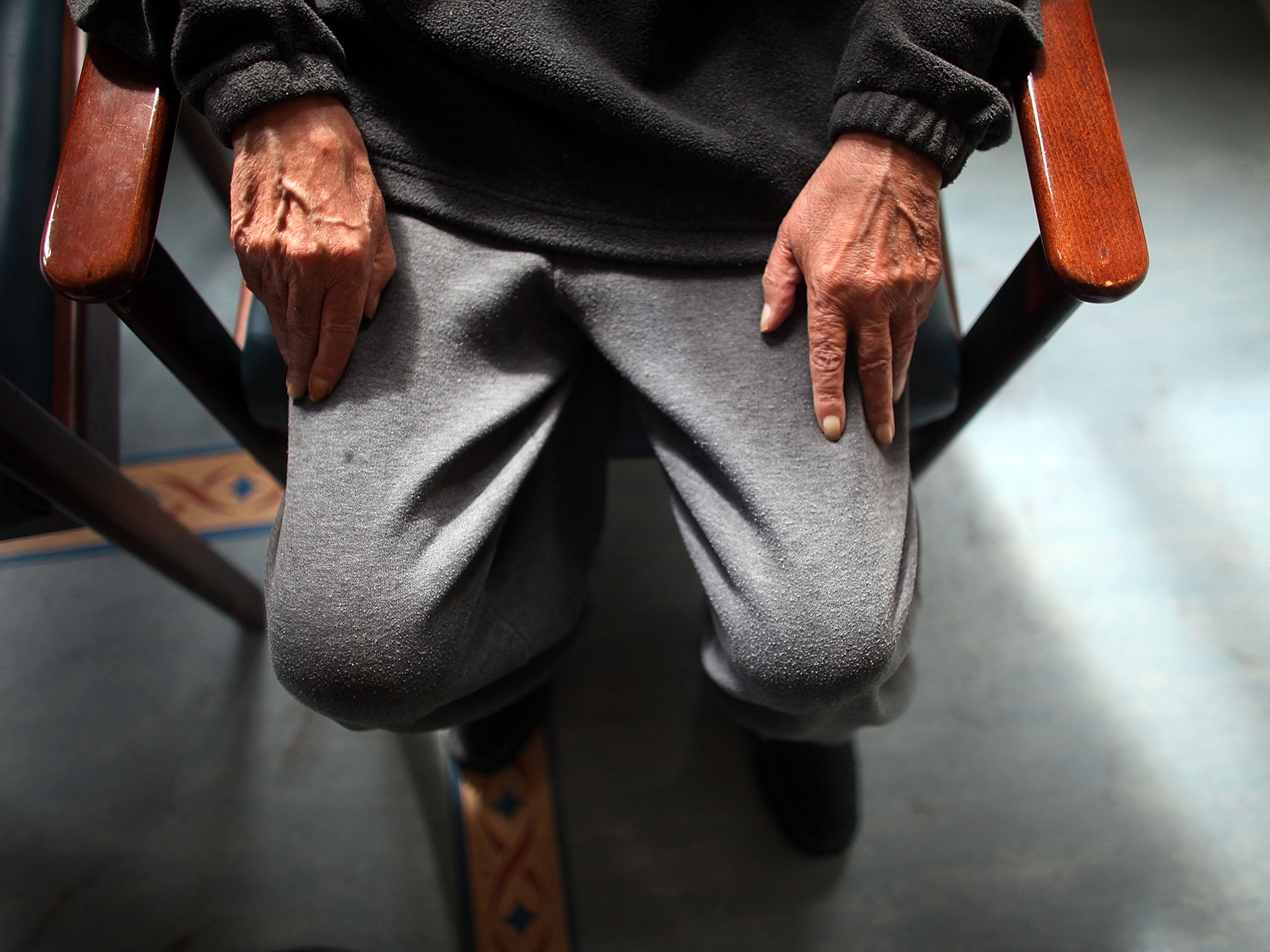Dying on the inside: Britain’s ageing prisoner problem
With more than triple the number of prisoners aged 60 and over today than there were 15 years ago, the strain of caring for them is having detrimental effects on their health... and the system. Emily Goddard reports

Bolted gates, closed doors and impenetrable barriers – of both the physical and symbolic kind – are intrinsic of the prison estate. Yet the door of a room on the healthcare wing of a category B prison remains conspicuously open. Inside lies a man in his eighties, unable to get out of bed and constantly watched by nurses, both day and night, because the end of his life is near.
“The Prison Service is paying for an outside carer to come in to look after him,” says Michael, a prison officer who works at the prison and does not want his real name to be used. “He’s got to the age where he just can’t do anything. He doesn’t leave his room, his dinner has to be brought to him every day, if the carer is not there the nurses have to get him out of bed and put him on the toilet. He’s reaching the point where he could go any day.”
By Michael’s estimation, half of the people in the prison where he has worked for five years are beyond the age of 45. And the dying octogenarian is by no means the oldest man there: Michael works on a wing where a high-needs 94-year-old is housed in a specially adapted disabled cell.
Subscribe to Independent Premium to bookmark this article
Want to bookmark your favourite articles and stories to read or reference later? Start your Independent Premium subscription today.
Join our commenting forum
Join thought-provoking conversations, follow other Independent readers and see their replies